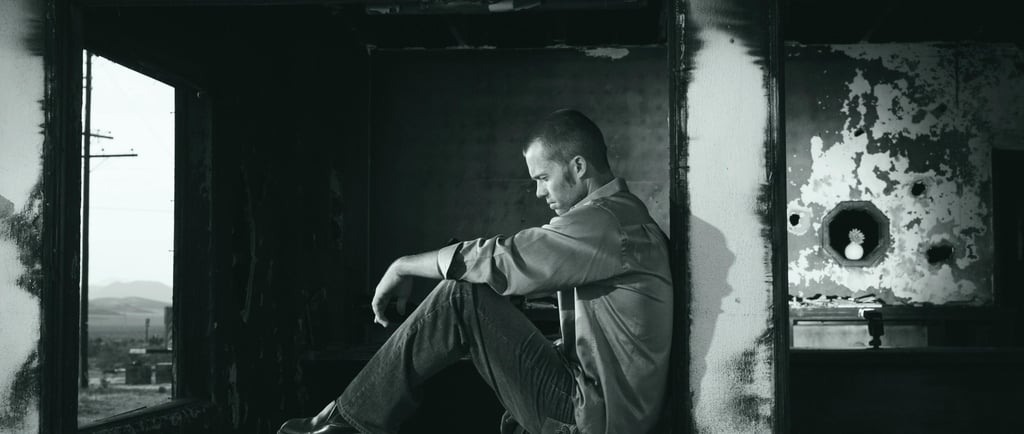The Quiet Shame of ‘I’m Not Good Enough’
Naima Tahir | Strategic Resilience Specialist.
5/30/20252 min read


In my years working with the UN and INGOs, I observed a quiet, persistent current running beneath the surface of the humanitarian world—one that rarely gets spoken about, but is deeply felt by many. It is the internalized sense that whatever you are doing, it is never quite enough.
This feeling is not rooted in laziness or lack of care. On the contrary, it thrives among the most committed. People give their time, their energy, and parts of their identity to work they believe in. But over time, that deep sense of purpose blends with anxiety, self-doubt, and a quiet fear of falling short. You work late, respond to emails at night, give up personal time, even family evenings—all while quietly wondering, Am I doing enough?
Expectations in this environment are rarely clear. You chase an abstract idea of excellence that no one defines but everyone feels pressured to meet. That pressure opens the door for insecurity to settle in. You begin to measure your value through your ability to keep up—emails, meetings, deadlines—all becoming symbols of worth. It’s not just about doing your job anymore; it’s about constantly proving you belong.
This system doesn’t ask you directly to overextend yourself; it simply rewards those who do. Over time, that conditioning becomes internalized. You start behaving like a machine—efficient, tireless, emotionless—while your sense of self quietly erodes. What used to be meaningful becomes mechanical. You stop questioning the system because everyone else seems to be surviving it, even though many are struggling in silence.
Newcomers often enter this world full of energy, but quickly absorb the culture. The insecurities of those before them get passed down not through words, but through behavior: long nights, constant urgency, hidden burnout. What should be a human-centered workplace becomes a place where humanity is lost in the process. The very culture that claims to protect others ends up harming its own.
If we do not acknowledge how this system unconsciously conditions people to doubt themselves, to overperform, to become machines in service of a mission, we will keep reproducing the same harm. Awareness is key—for those still inside the system and those who have left it. Talking about it, sharing these stories, and breaking the silence is how we begin to heal. It is a deeply human act: to wake up, to name what has been quietly rooted in us by a silent system, and to begin the slow, necessary work of healing, repairing the damage, and building something more honest and humane.